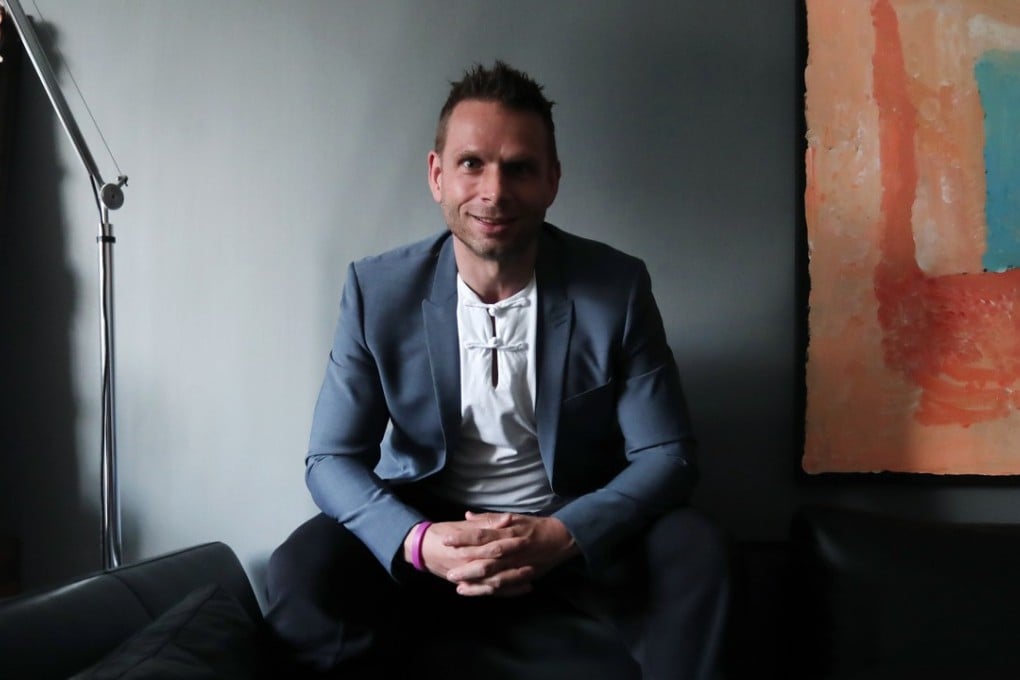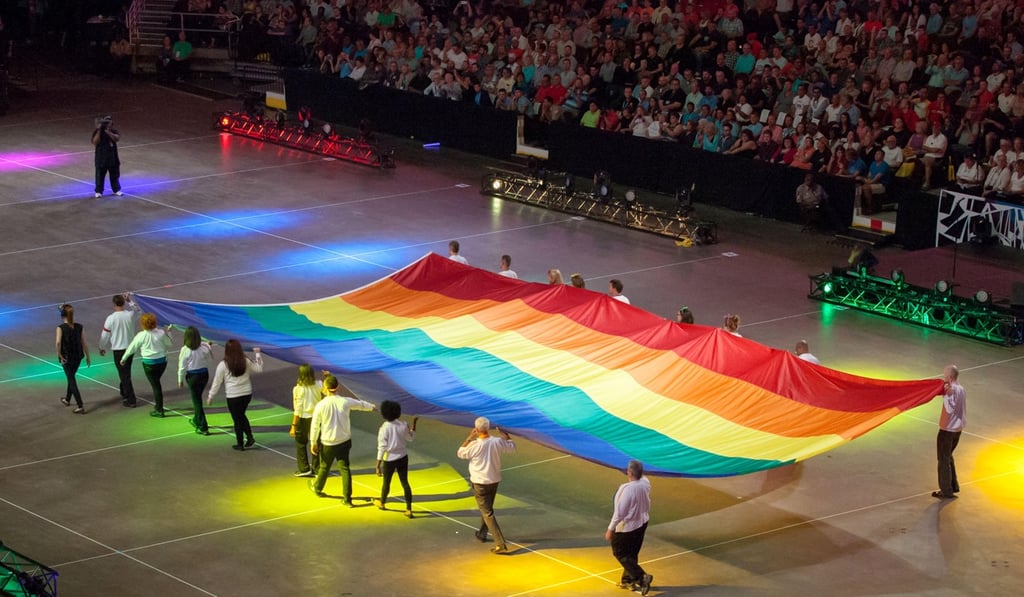Gay Games 2022: how the man behind Hong Kong’s winning bid made his dream come true
After a painful split from his long-term boyfriend, Dennis Philipse founded LGBT+ outdoor activities group Out in Hong Kong, and its popularity encouraged him to push for the city to host the showpiece sports event

Heartbreak has left many devastated, but for Dennis Philipse it was the springboard to greater things.
Not only did it put him on the road to being an LGBT+ role model, he also spearheaded the bid for Hong Kong to host the 11th edition of the 2022 Gay Games, which they won.
In 2014 the then 41-year-old was getting over the split with his long-term boyfriend, and had been without full-time employment for months. He did not know many people in the city and the prospect of making new friends at bars, clubs or hook-up sites did not appeal to him.
During this time Philipse noticed that despite people in the LGBT+ – lesbian, gay, bisexual, transgender and others – community being involved in sports groups in Hong Kong, it was difficult to join them.
Then it hit him: why not organise an outing for members of the LGBT+ community to hike to the Twin Peaks of Lantau, Hong Kong’s biggest island, followed by lunch and some stand-up paddling? He drafted the flier and released it on social media. Thirteen people showed up.
“I thought that this is a nice opportunity for people to do things together,” he recalls.
